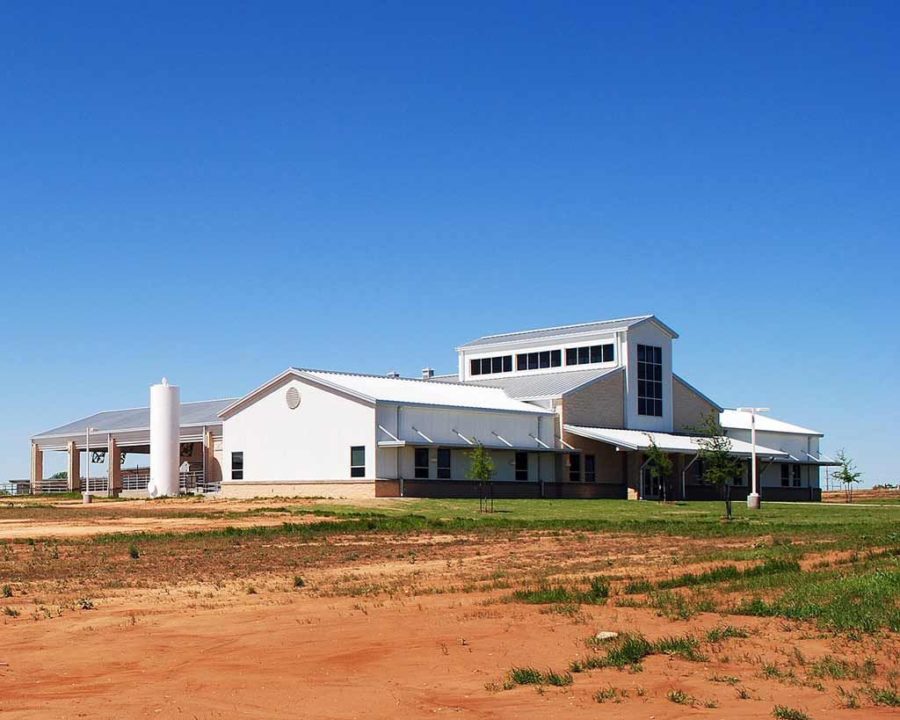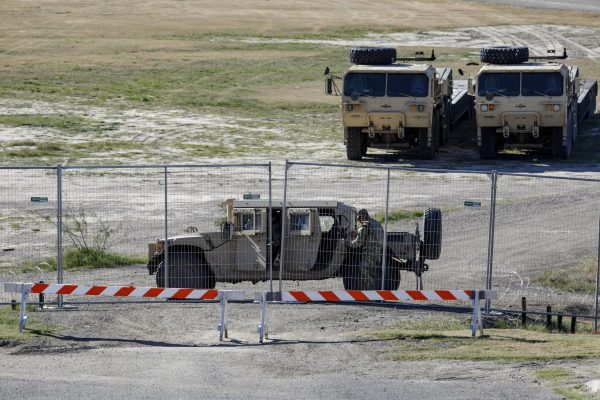Tarleton dairy center receives research grant opportunity
Tarleton students will receive hands-on experience with this technology as they will be involved with development, refinement and implementation of the technologies.
September 26, 2014
On Monday, Agriculture Secretary Tom Vilsack announced a $357,472 grant to be used by Dr. Sergio Capareda, an associate professor of biology and agriculture at Texas A&M University. Working alongside Capareda will be the Southwest Regional Dairy Center Director Dr. Hugo Ramirez and students at Tarleton State University.
“One of the bigger environmental issues of concern is preventing water pollution,” said Dr. Don Cawthorn, who is also involved in the project. “This project will assist with reducing environmental issues associated with dairy farming and will convert a waste product into a renewable energy source.”
Texas A&M is one of 47 to be awarded CIG which aims to aid in the acceleration of ideas and innovation.
The USDA-NRCS grants are funded by the Environmental Quality Services Program, and are to be matched with monies from other partners participating in the AgriLife Research, Tarleton and Washington-based Global Restorations. Over $780,000 has been allotted for the two year project.
“The grant will allow for coupling of two separate technologies, and the additional research and development that will be required to make the two systems function smoothly together,” Cawthorn said. “One system consists of water clean-up technology that will remove solids, nutrients and microorganisms from wastewater from our dairy center. The second technology is a fluidized-bed gasification system that will burn the solids separated by the first technology in a low oxygen environment, thereby converting the solids into a synthetic gas (often referred to as syngas), which will subsequently be burned as a fuel to run an engine that will power a generator to produce electricity. We believe the value of this electricity will offset the costs of the water clean-up technology, or in a best-case scenario, produce a small profit margin.”
Capareda has been working on this technology since the early 1980’s and hopes to benefit many with the discoveries.
This project has long term goals to assist in the environmental issues faced everywhere, today. “When the two technologies are successfully coupled and proven successful, it will enhance the sustainability of animal agriculture and food production in Texas, the U.S., and beyond,” Cawthorn said.
Tarleton students will receive hands-on experience with this technology as they will be involved with development, refinement and implementation of the technologies.





